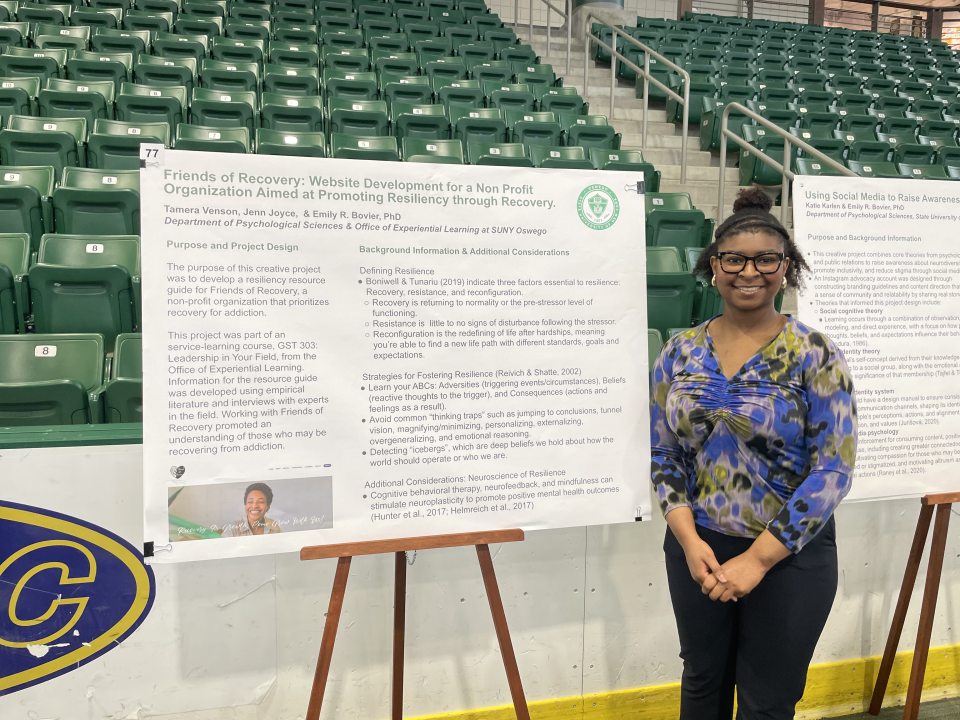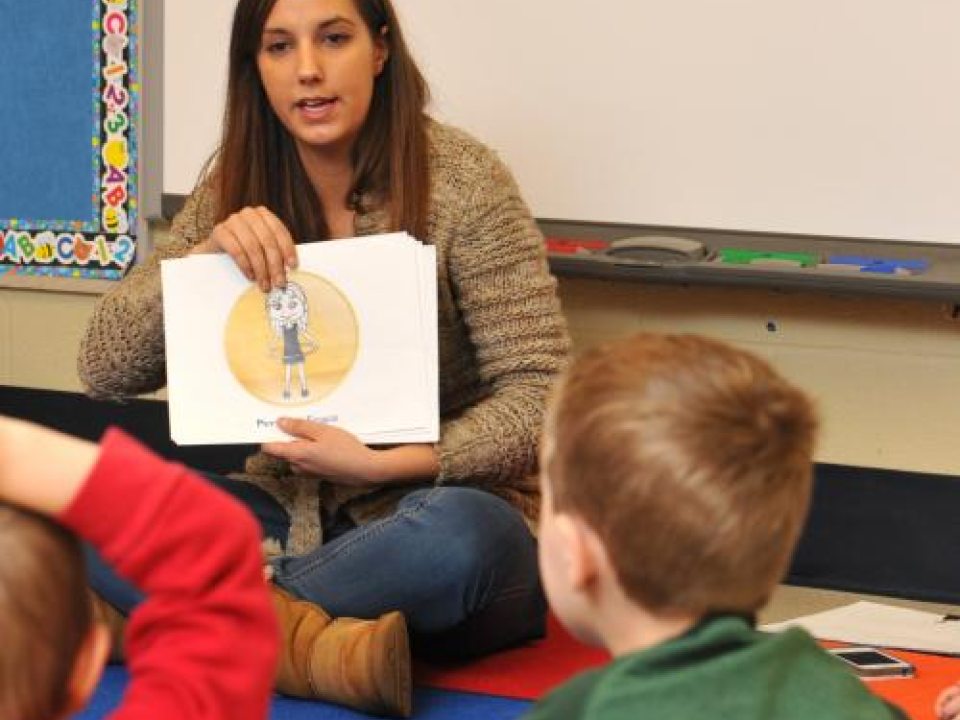Majors & 5-Year Dual-Degree Programs

Psychology
Course offerings include the growing areas of cognitive psychology, emotion, health psychology, human factors, neuropsychology, biopsychology, trauma studies and industrial/organizational psychology.

Psychology/Business Administration (5-Year BA + MBA)
SUNY Oswego offers a dynamic five-year program blending business knowledge and psychological foundations. This option allows students to earn two degrees over a five-year time frame, so you can save money and time compared to pursuing these degrees separately.

Psychology/Human-Computer Interaction (5-Year BA + MA)
SUNY Oswego offers a dynamic five-year program that prepares you for understanding how humans and technology interact. This option allows students to earn two degrees over a five-year time frame, so you can save money and time by eliminating a semester compared to pursuing these degrees separately.
Minors & Microcredentials

Psychology
The psychology minor provides students with broad exposure to psychological science while majoring in one or more different areas. Students from many disciplines — including education, history, biology, English, and business — use their emerging knowledge of psychological science to supplement what they are learning in their respective majors. Students may apply to declare a minor at anytime through myOswego.

Child Advocacy Studies
Child Advocacy Studies (CHA) aims to improve the knowledge and practical skill sets of students who plan to interact regularly with children through their future work and front-line professions. This interdisciplinary program teaches students how to recognize, react, and respond appropriately in circumstances where children are either being maltreated or may be at risk for maltreatment. This program is suited for all SUNY Oswego students and especially those entering a multiplicity of fields including, but not limited to medical and mental healthcare, judicial and legal services, law enforcement, child protective services, teaching, daycare, and youth services.
All questions concerning this program should be addressed to the CHA Director (Dr. Matthew Dykas).
